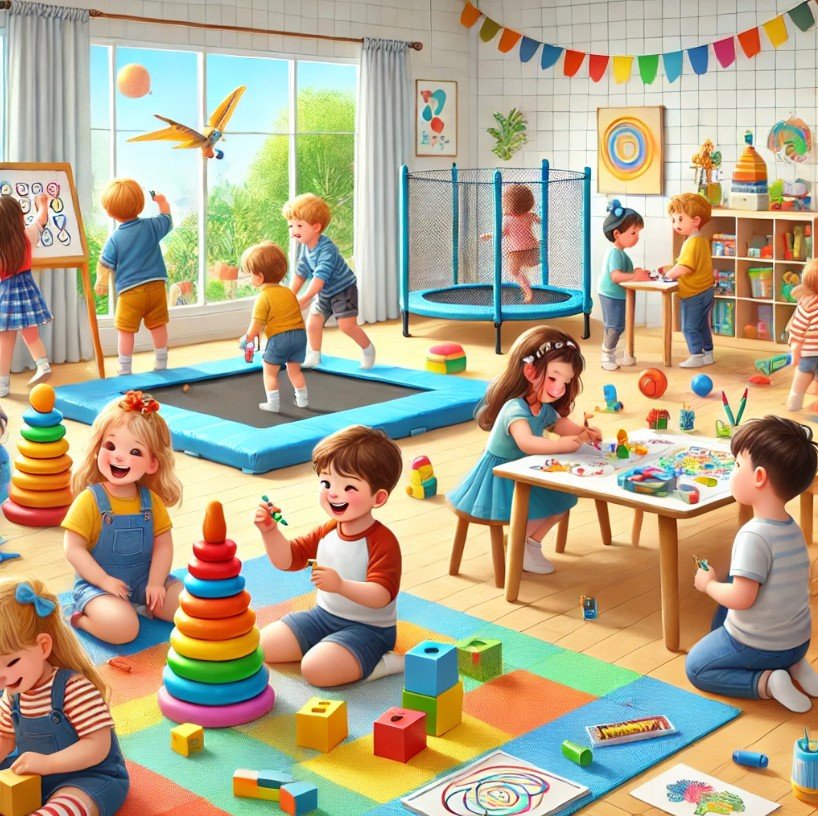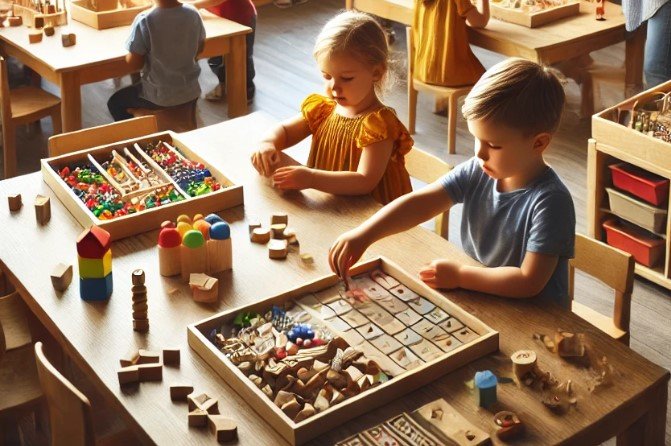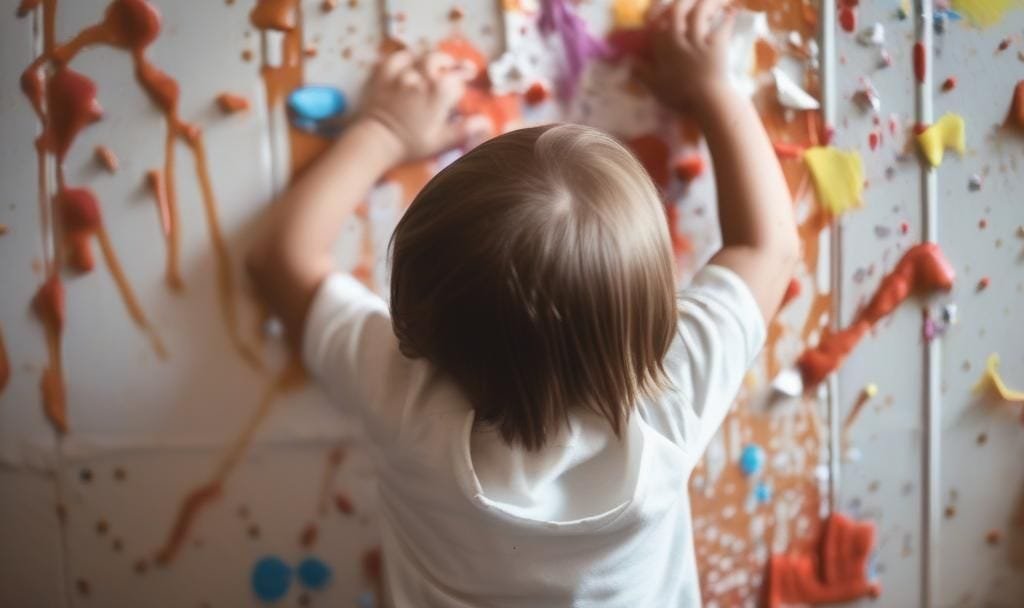The Gift of Failure: Why Letting Your Child Fail is the Best Gift You Can Give
As parents, we all want the best for our children. We dream of their success, happiness, and fulfillment. But here’s the paradox: one of the best gifts we can give them isn’t immediate success or shielding them from failure.
It’s the opportunity to fail—and to learn, grow, and thrive because of it. Let’s explore why embracing failure is so crucial for your child’s development and how you, as a parent, can guide them through this transformative experience.
Why Failure Matters
Failure is not the opposite of success—it’s a stepping stone to it. Think about this: Every great inventor, athlete, or artist has a history of failures. Thomas Edison famously said, “I have not failed. I’ve just found 10,000 ways that won’t work.” Letting your child experience failure helps them build resilience, problem-solving skills, and confidence to face life’s challenges.
In a world that often celebrates perfection and instant success, children can feel immense pressure to avoid failure at all costs. But failure is part of being human. Teaching your child to embrace it can foster emotional strength, adaptability, and a growth mindset.
How to Help Your Child Embrace Failure
Here are some practical tips to help your child understand that failure isn’t the end—it’s just the beginning of growth.
1. Start Small: Encourage Mini Risks
For children, the thought of failure can be daunting. Start by encouraging them to take small, manageable risks where failure is a possibility. Whether it’s trying a new activity, speaking up in class, or tackling a challenging puzzle, these “mini risks” build their tolerance for discomfort. For example:
- If your child is shy, encourage them to say “hello” to a new classmate.
- If they’re struggling with a sport, remind them to focus on effort, not just results.
By taking these mini steps, they’ll realize failure isn’t as scary as they thought and slowly building confidence and failure is not as bad as they initially thought.
2. Be a Safe Landing Zone
While it’s important to let your child fail, it’s equally important for them to know you’re there to support them. Let them know you’re a safe space where they can share their feelings without judgment. When your child experiences failure, use empathy and active listening:
- Instead of saying, “It’s no big deal,” use empathy, and try to share your past failure that is similar to what your child is experiencing and share your experience”
- Validate their feelings but steer the conversation towards what they’ve learned from the experience.
Your presence provides comfort and reassurance, helping them build the courage to try again.
3. Teach Them to Reframe Failure
Failure doesn’t mean they’re not good enough. Help your child see it as a valuable lesson instead of a dead end. Guide them with positive reframing:
- What did they do well? Encourage them to identify what worked.
- What can they improve? Help them pinpoint areas for growth.
What’s next? Support them in creating a plan to try again.
For example, if your child loses a soccer game that he is afraid of working together, focus on his effort on teamwork rather than the score. “You hustled so hard today! What do you think you could try differently in the next game?”
4. Model Growth Mindset
Children learn a lot by watching their parents. If they see you handle failure with grace, they’ll be more likely to do the same. Share your own setbacks and how you overcame them:
- “I didn’t get that promotion I wanted, but it taught me how to improve my presentation skills.”
- “I burned dinner last night, but I tried a new recipe today, and it turned out great!”
When they see you persist despite challenges, they’ll internalize the belief that failure is a normal and even necessary part of success.
5. Avoid Comparisons
One of the biggest traps for children (and adults!) is comparing themselves to others.
Teach your child to measure their progress against their own past performance, not someone else’s. For instance:
- If your child is upset about not being the fastest runner, remind them of how much they’ve improved since last year.
- Share the idea that everyone has different strengths and timelines: “You’re improving at your own pace, and that’s what matters most.”
When they focus on their personal growth, they’ll feel a greater sense of accomplishment, even in the face of setbacks.
6. Celebrate the Process, Not Just the Outcome
Children often equate success with winning or achieving a specific goal. Shift their focus to the effort and the process instead. Celebrate their bravery in trying something new, even if they didn’t “win.”
- Say often, “I’m so proud of how hard you studied.” or “How brave you were to compete!” instead of, “Did you win?”
- Praise perseverance: “I love how you kept practicing that piano piece, even when it was tough and could be boring.”
By celebrating the effort, you’ll teach your child that success isn’t just about results—it’s about growth and learning along the way.
When Failure Feels Too Big
Not all failures are created equal. Sometimes, a failure might feel devastating to your child, like failing an important test or losing a big competition. In these moments, it’s essential to guide them with care:
1. Help them regulate emotions. Teach them calming strategies like deep breathing or mindfulness to manage overwhelming feelings.
2. Break down the situation. Help them see that failure doesn’t define them: “This test doesn’t show how smart you are. It’s just one step in learning.”
3. Support a plan for next time. Work together to identify strategies for improvement and set small, achievable goals.
These moments, though painful, are opportunities to teach resilience and perseverance.
Why This Matters More Than Ever
In today’s hyper-competitive world, children are often pressured to achieve perfection in academics, sports, and social settings.
Shielding them from failure may seem protective, but it deprives them of the chance to build the life skills they’ll need as adults. When children learn to embrace failure early on, they develop:
- Emotional resilience to bounce back from setbacks.
- Critical thinking skills to solve problems creatively.
- Confidence in their ability to overcome challenges.
These traits will serve them far better than a spotless record of achievements ever could.
Final Thoughts: Letting Go to Let Them Grow
Letting your child fail can be one of the hardest things to do as a parent. It might feel counterintuitive or even heartbreaking at times. But by stepping back and letting them face challenges, you’re giving them the tools they need to navigate life’s ups and downs independently.
Your role isn’t to prevent failure but to guide them through it with love and support. When they learn that failure is just a part of the journey, they’ll become more resilient, self-assured, and capable of tackling life’s biggest challenges.
So the next time your child stumbles, resist the urge to swoop in and save the day.
Instead, offer encouragement, ask them what they learned, and remind them that you’re proud of their effort. Because in the end, the greatest success isn’t avoiding failure—it’s learning how to rise after falling. And that’s a lesson they’ll carry with them for life.













LEAVE A COMMENT